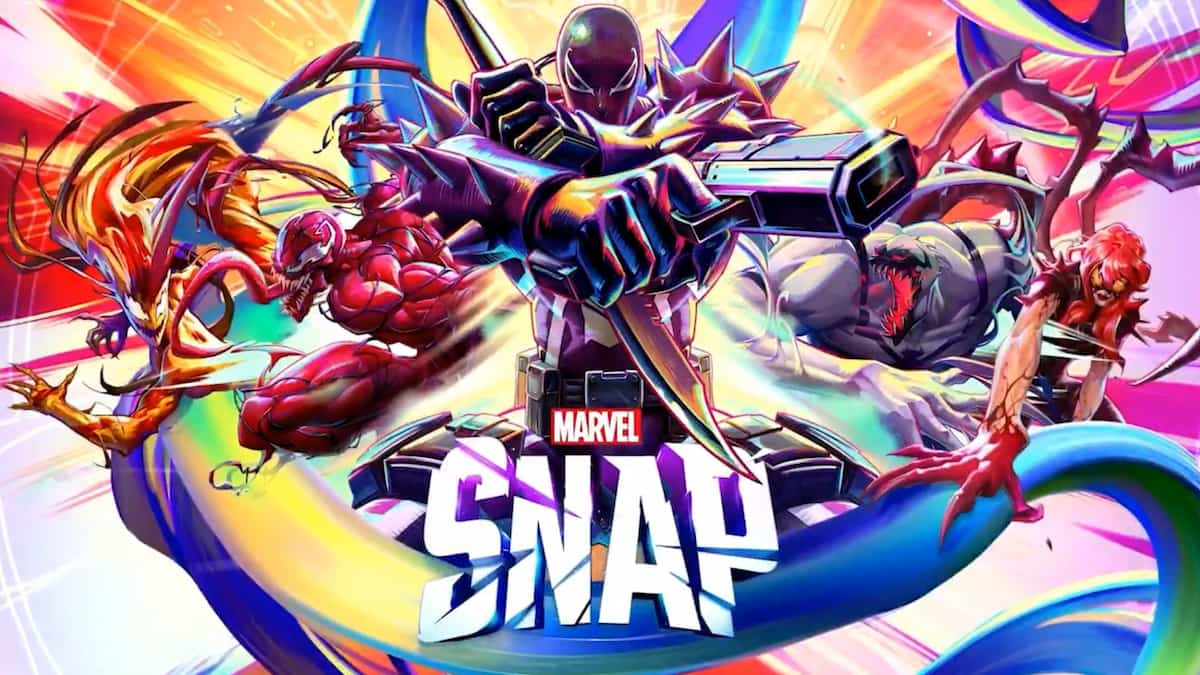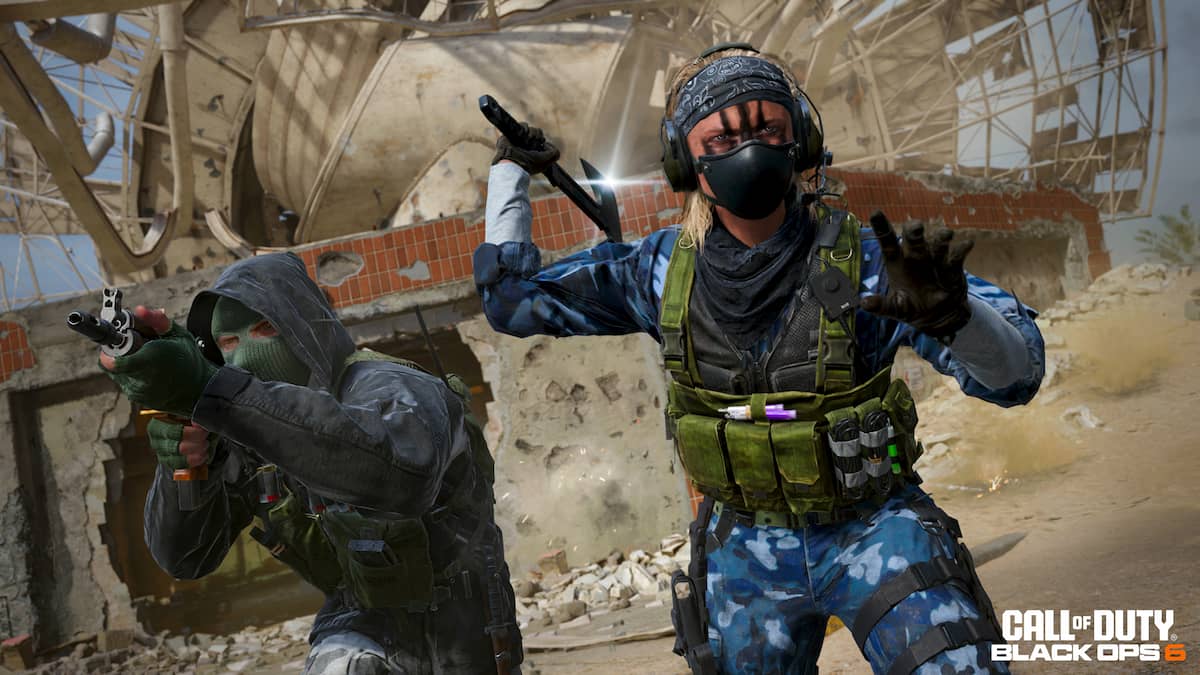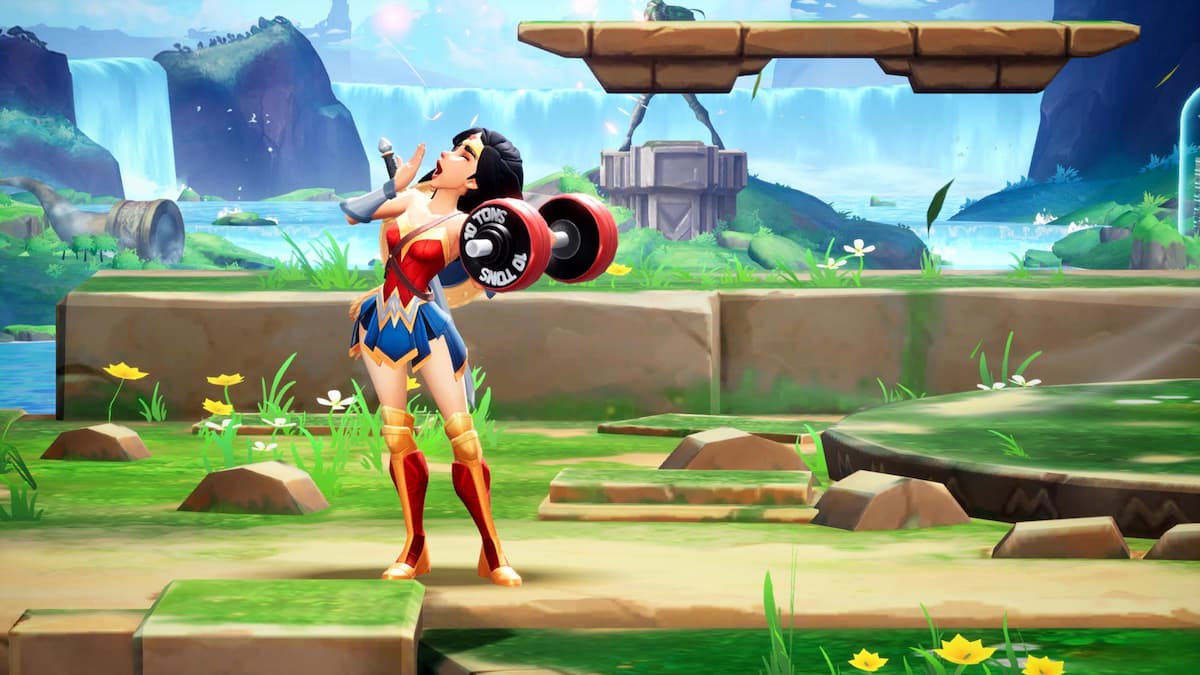Live events are special—the goose bumps you get when thousands shout with joy, the heat you feel when pyrotechnics go off, the excitement that comes up when you’re finally first of the queue at the signing session.
All that wouldn’t be possible without a production crew that’s working its ass off behind the scenes. In a best-case-scenario, the visitors don’t even notice their presence. They are the unsung heroes of esports, the busy bees keeping the world’s biggest events as flawless and enjoyable as possible—and not just for the fans, by the way. They also work for on-camera talent, players, teams and their staff, journalists—you name it.
It’s people like Alex Pielok, long-time stage manager for ESL, who are vital for everyone’s esports experience. Pielok, who worked in the industry for almost a decade now, recently moved on to conquer new frontiers. Together with his co-founder Marc Lehmann, he founded e-stage, an esports-dedicated stage logistics firm to provide event organizers with “the people and tweaks you need for a smooth running esports show.”
Dot Esports reached out to Pielok to learn more about his new company.
Hi Alex, tell us, how and when did you start e-stage?
Pretty much two days ago! I called some people right away from Paris and told them about my idea, hooked up with people that know things I don’t know like technical coordinators for example and they all said ”of course we want to be part of it.”
I launched the website and put it on Twitter—and here we are you sending me interview questions. And me getting emails from people all over the world who want to work in esports. Even the first business enquiries arrived and I’ll see what good comes out of it.
Many know you as ESL’s stage manager, why did you leave?
First of all, I got to say I love ESL. And technically, I didn’t leave ESL. I’ve always been a contractor working with ESL and I am thrilled that I got the chance to work for these great people and help creating their vision. I´ve decided by the end of 2016 to stop working events in esports. I had done it for very long and felt a bit burned out. Also I have a family that now is happy that I will not be in the US working on Blizzcon, coming back and doing the Dota Major in Frankfurt right after.
Tell us a little more about e-stage. What can we expect from you in the future?
You know, I have been in a comfortable position being part of the ESL-family. I didn’t had to work on any other productions to make a living. Even my 2 years of working on EU LCS were managed and handled by ESL, which I am still thankful for as it had been quite a journey where I again learned a lot about broadcast.
I got to know so many great high profile people that really are the hearts of esports – from publishers, sponsors, talent, player and gaming organisations. And still I never tried to be hired by somebody else apart from that one time where HiRez flew me in to help with their first Smite World Championship.
The idea of e-stage would be to give other organizations and smaller companies a chance to work with high profile contractors who all were and still are working on and around esports stages for a very long time. I personally worked with everyone I recommend to be part of a production, so I can be 100 percent sure to bring in top quality and experience – and take our future clients’ productions to another level.
And there seems to be a demand. It just happened that I brought somebody to a production last Saturday in Paris as my assistant. And well, she got booked for the whole tour right away and is on her way to Australia then Miami for the second and third stop as we speak. And this is where the idea of e-stage was born.
What is the most challenging part about stage managing?
If you want to do it right, every part is challenging. Esports productions, in my opinion, have a very crucial point where everything can go south—even if you got the best creative content, the best director, the best stage design and no technical issues.
If the people on and around the stage, like referees/admins, IT, player management, stage management, don’t work together in a perfect manner you will always have issues that make the production worse.
So my personal challenge on every job has been to get this kind of backstage choreography going and improve it.












Published: Feb 8, 2017 09:41 am